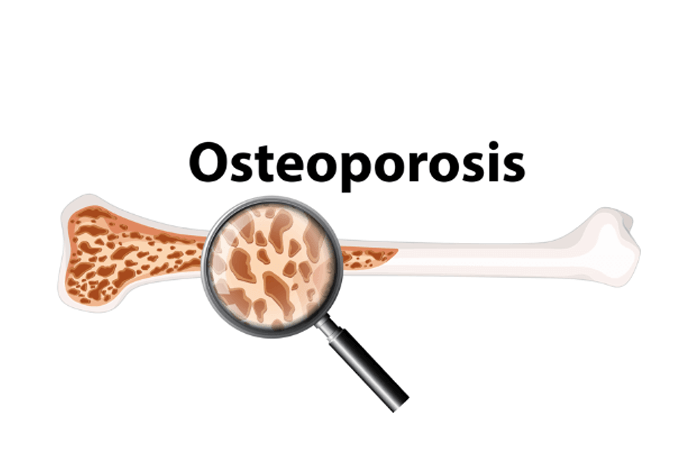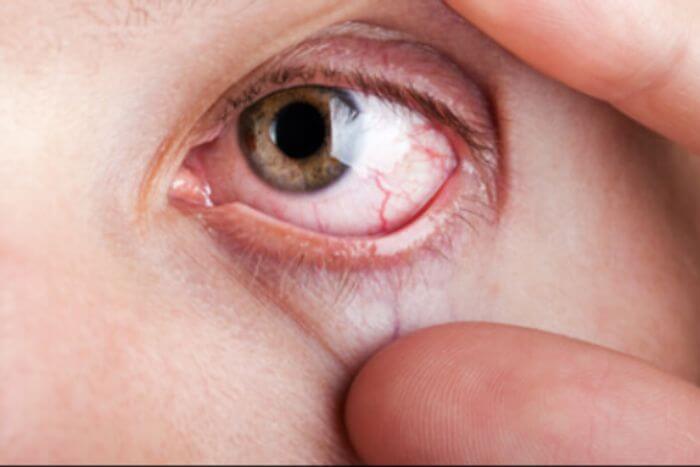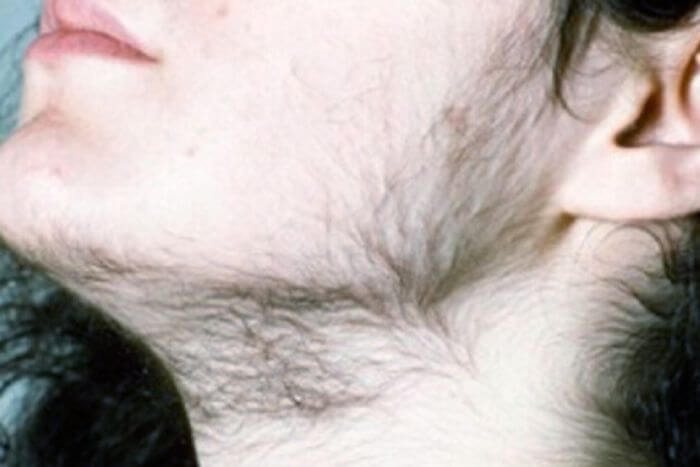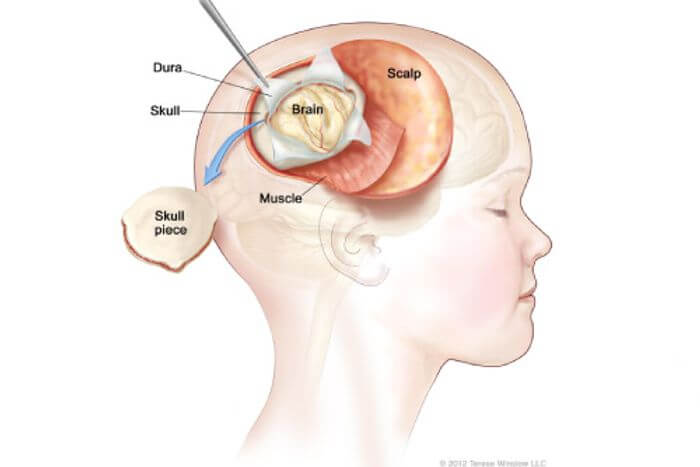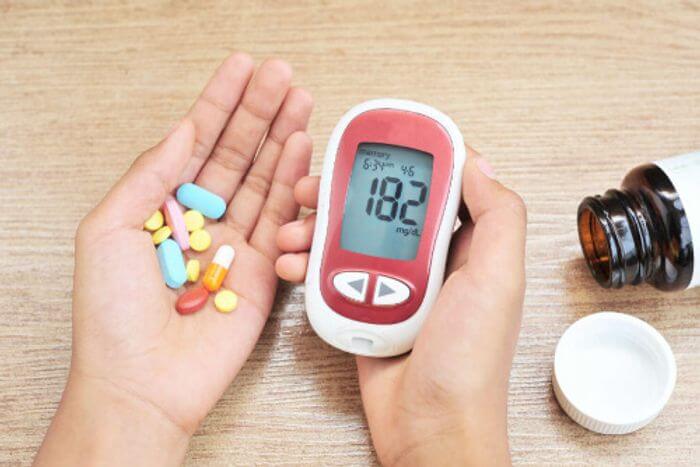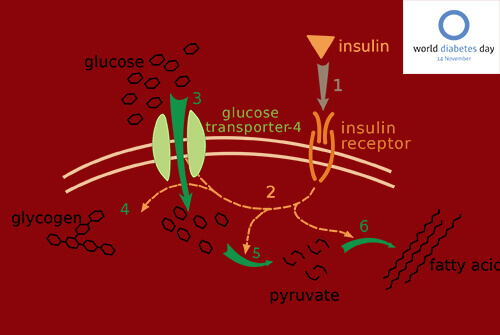Excessive hair growth in areas like face, chest and abdomen in women is called hirsutism. When someone has hirsutism, it is important first to find a reason for the same. It could be very simple problems like idiopathic hirsutism or it could even be quite sinister like an ovarian or adrenal tumour. In women with polycystic ovary syndrome, we will need to evaluate and manage your metabolic problems also. Once a diagnosis is made, we can decide on the right treatment. There are medicines which can reduce the speed of hair growth and thickness of hair so that it is much easier to manage hirsutism. It is high time that always make a diagnosis before we start treatment.
Our endocrinologists can help patients with hirsutism by making a diagnosis by clinical and hormone testing. We can start and adjust medicines monitoring for possible adverse effects. Being experts in endocrinology, our team can help in care of medical therapy even while undergoing LASERS, so that your outcomes are optimal. For appointments call 0471-6662880




